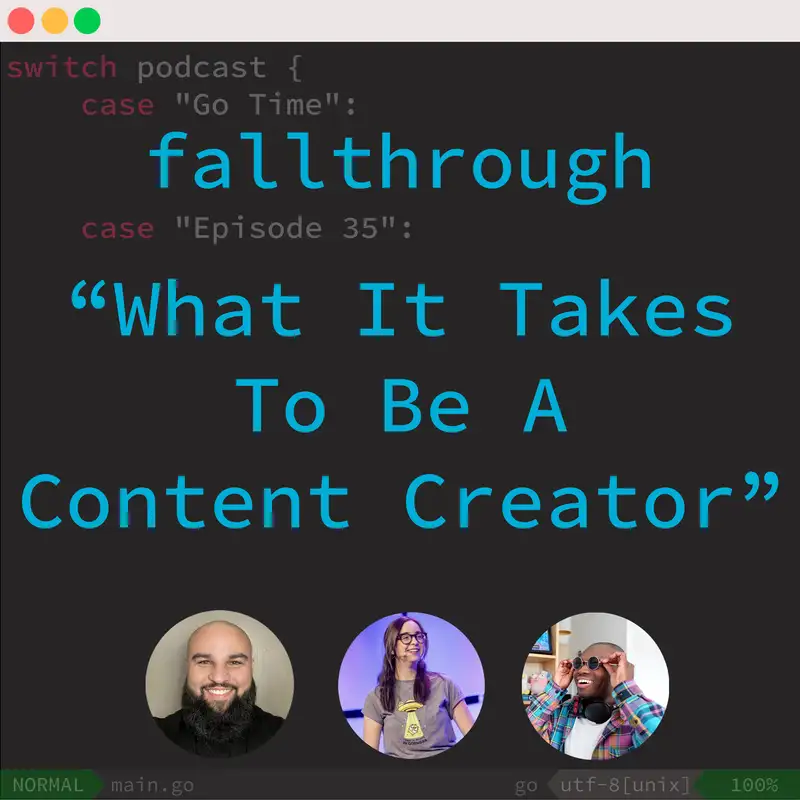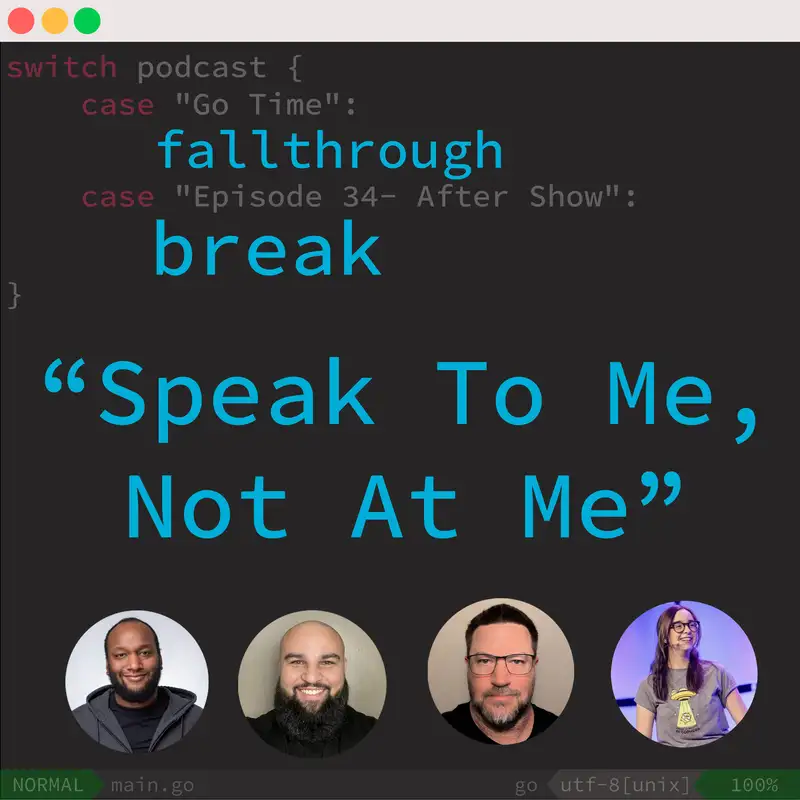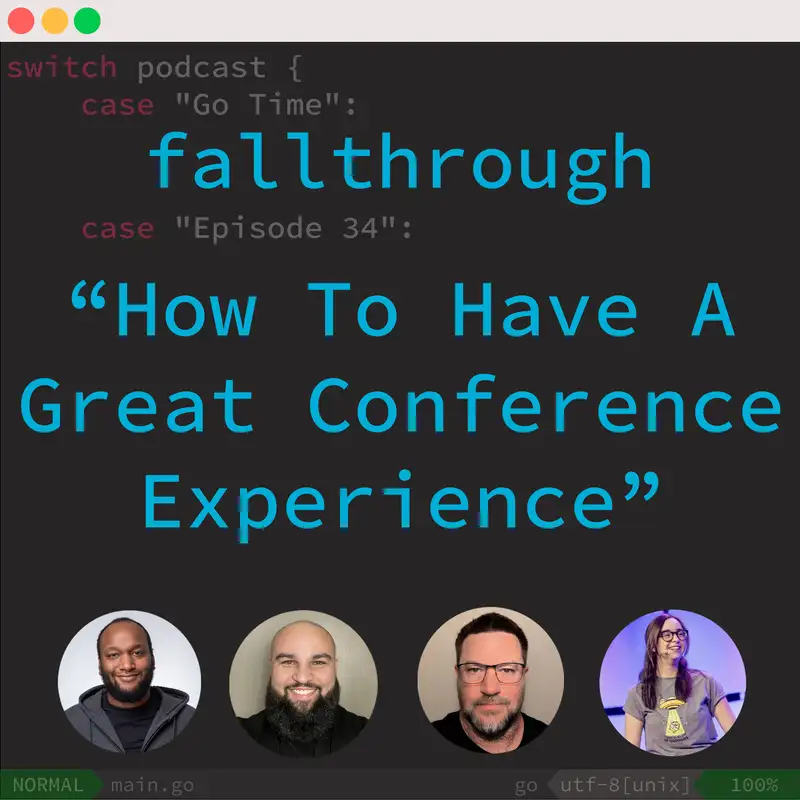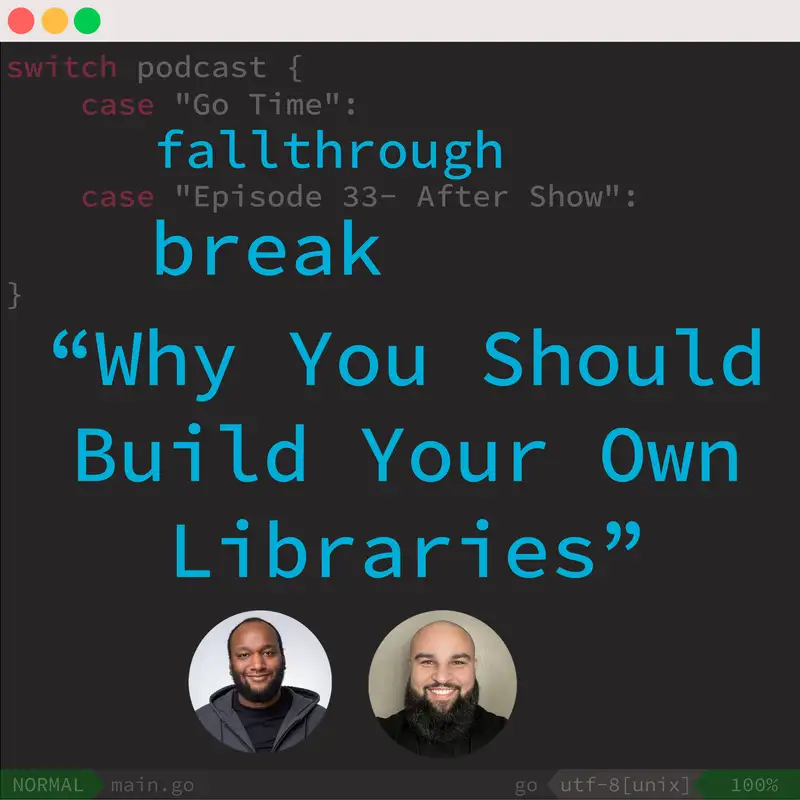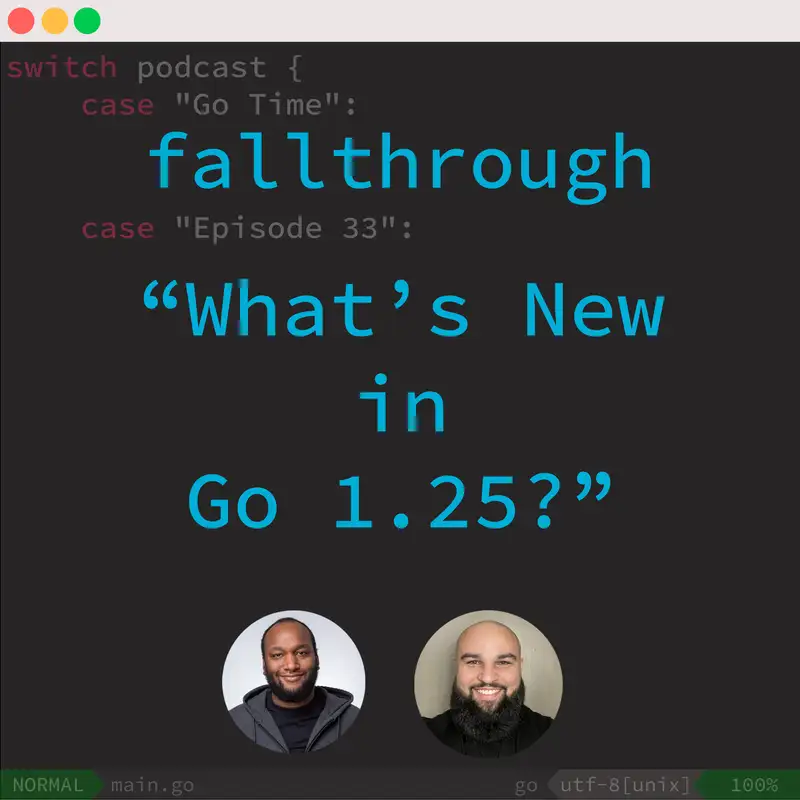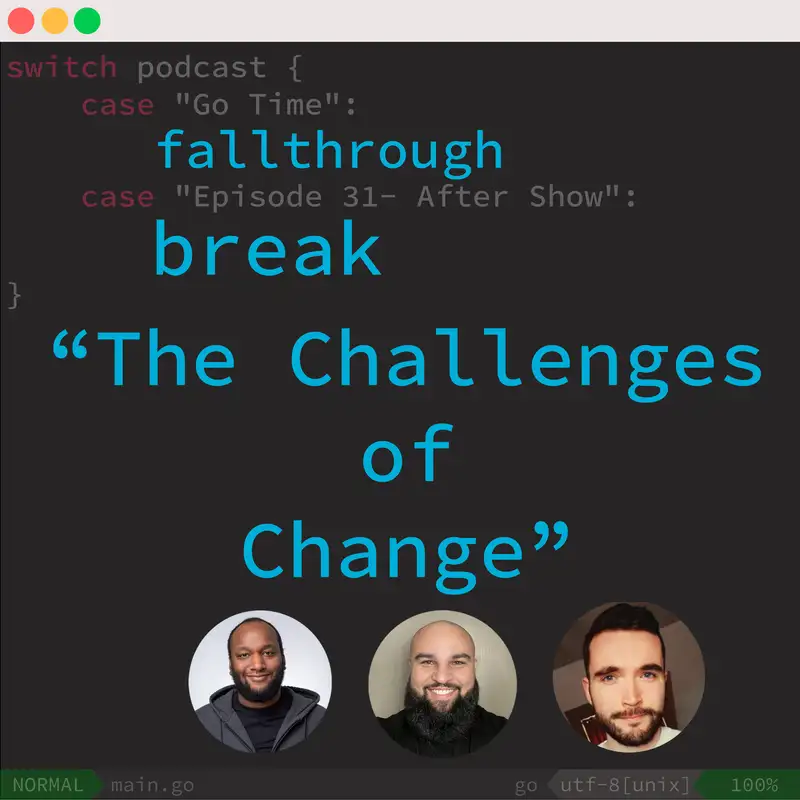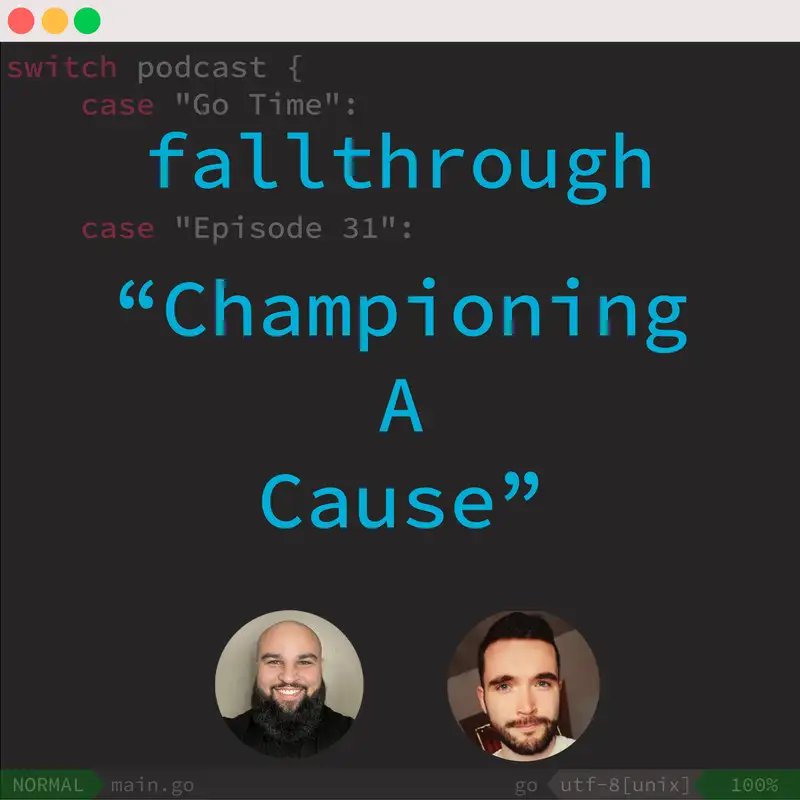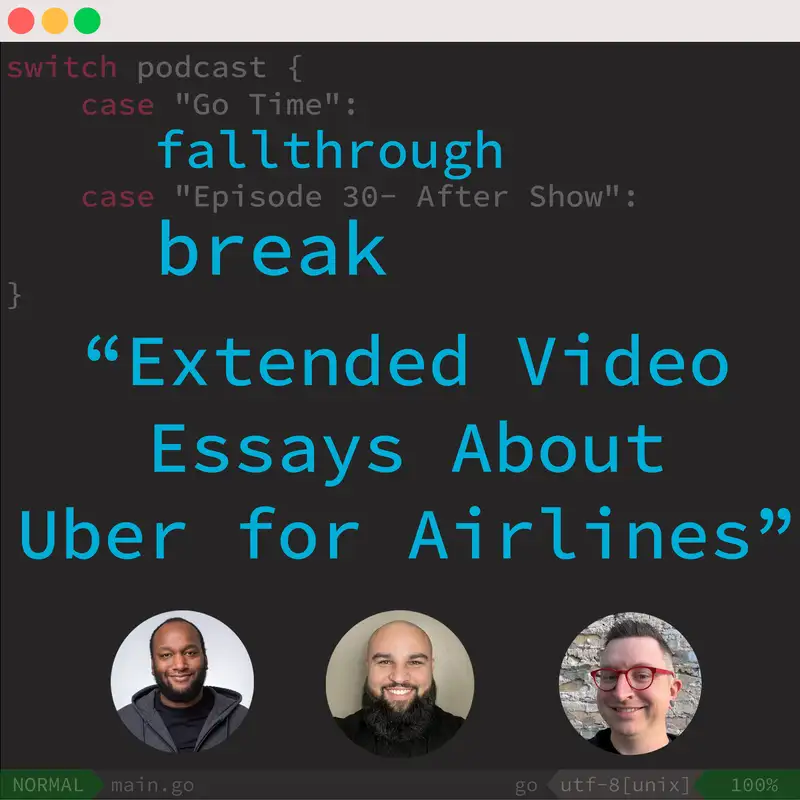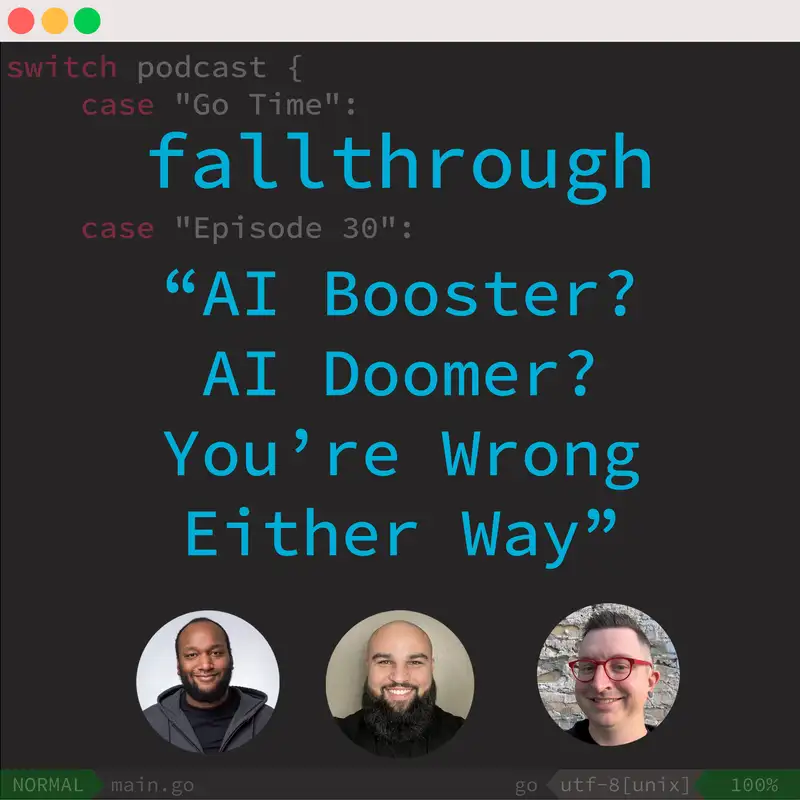Post details
Everyone can be a content creator. Whether it's posting long form content on YouTube, shorter content on TikTok, or photos on Instagram, content creation is accessible to all. In this episode, Angelica and Matt are joined by Benjamin Bryant to talk about what it takes to become a content creator....
